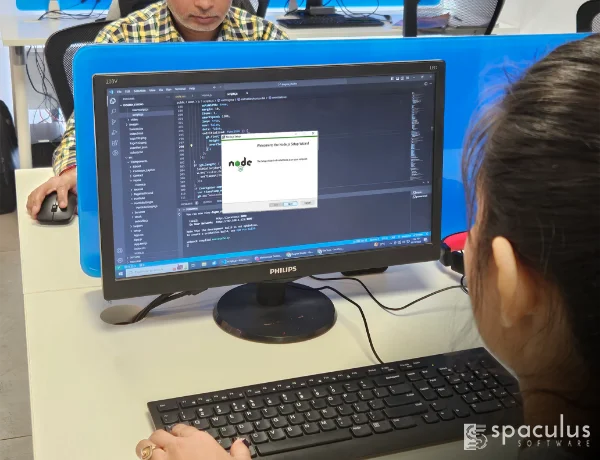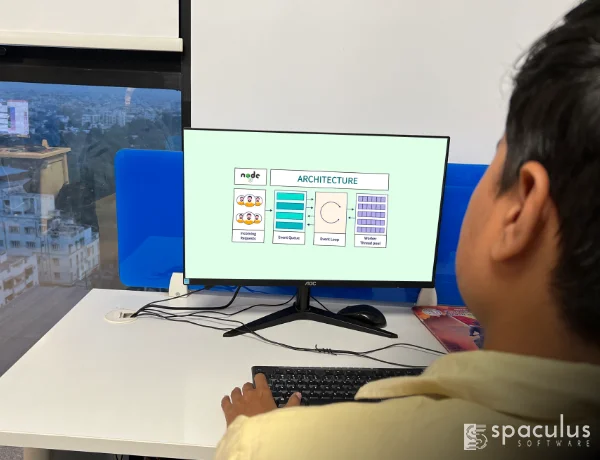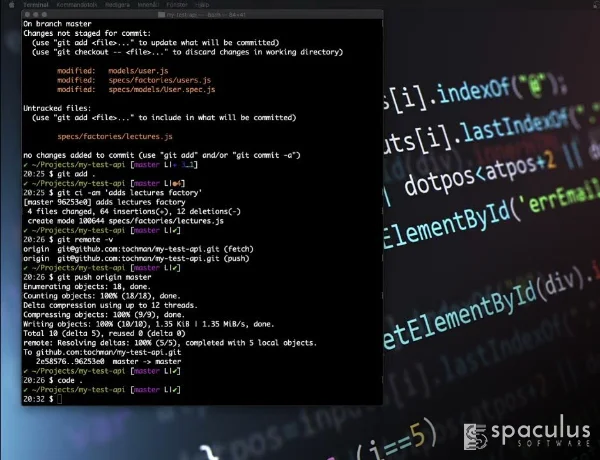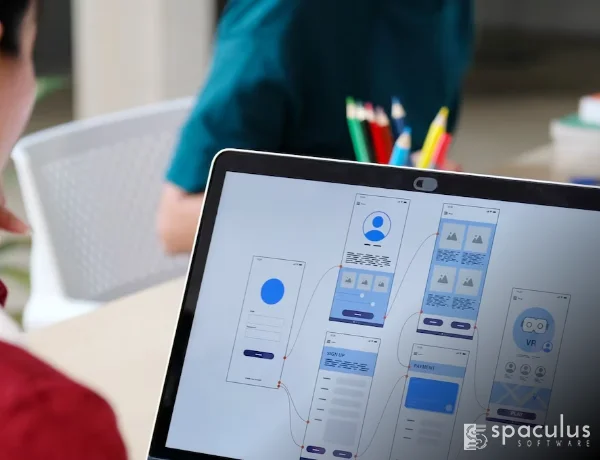Node.js empowers us to create robust backend solutions, leveraging its event-driven architecture and non-blocking I/O operations. Our team crafts scalable, efficient, and secure backend systems, catering to diverse industry needs. We specialize in building APIs, handling data, and ensuring seamless communication between the server and client sides.
- Scalable architecture design
- RESTful API development
- Data modeling and database integration
- Efficient backend maintenance
- Authentication and authorization systems
- Error handling and debugging strategies
Leveraging the event-driven nature of Node.js, we excel in real-time application development. Whether it’s chat applications, gaming platforms, or collaboration tools, we build responsive, interactive, and dynamic real-time solutions. Our expertise lies in creating applications that deliver information instantly and update data seamlessly in real-time.
- WebSockets and socket.io implementation
- Real-time data synchronization
- Push notifications and alerts
- Collaborative features in apps
- Streamlined updates and instant responses
- Reliable data integrity
Our Node.js expertise extends to crafting APIs that are robust, flexible, and highly efficient. We specialize in designing RESTful APIs, ensuring smooth integration and communication between different systems. With a focus on security, scalability, and documentation, we create APIs that serve as a backbone for various applications.
- RESTful API architecture
- API security measures
- Data validation and authentication
- Third-party API integration
- Comprehensive API documentation
- Versioning and backward compatibility
Node.js integrates seamlessly with various databases, and our team utilizes this strength to provide comprehensive database management solutions. We ensure efficient data storage, retrieval, and management, optimizing database performance and scalability.
- Database design and architecture
- SQL and NoSQL database management
- Optimization for performance
- Data modeling and indexing
- Database security measures
- Data migration and scaling strategies
Our proficiency in Node.js allows us to develop microservices-based architectures, breaking down complex applications into smaller, more manageable services. We design and deploy independent, loosely coupled microservices that can be developed, deployed, and maintained separately.
- Modular application development
- Inter-service communication
- Scalability and fault tolerance
- Independent deployment
- Efficient resource utilization
- Centralized configuration management
We specialize in crafting highly scalable web applications using Node.js. Our approach involves employing asynchronous programming, scalable architecture, and optimized code to ensure applications perform seamlessly under increased loads.
- Load-balancing strategies
- Horizontal and vertical scaling
- Performance optimization
- Monitoring and scaling mechanisms
- Cloud-based deployment
- Disaster recovery and fault tolerance







